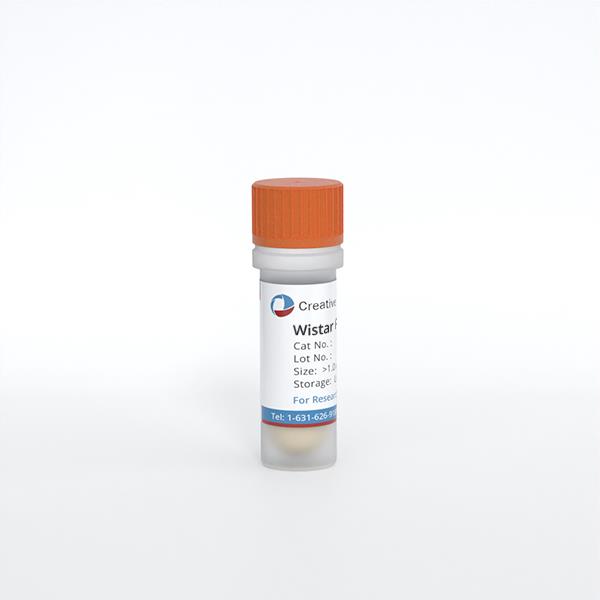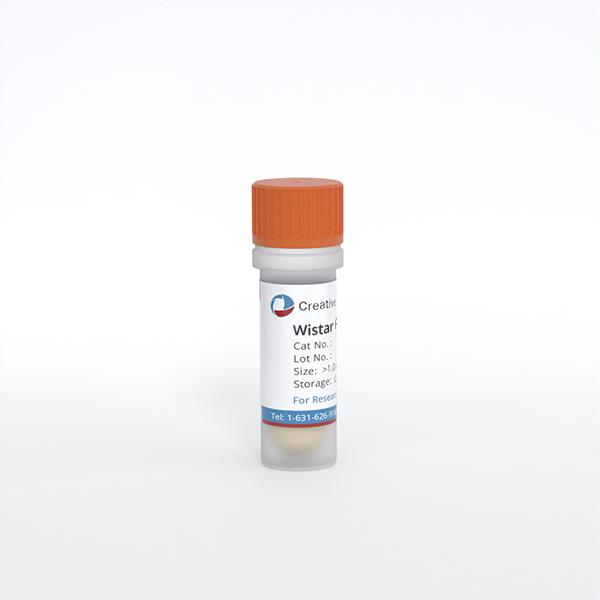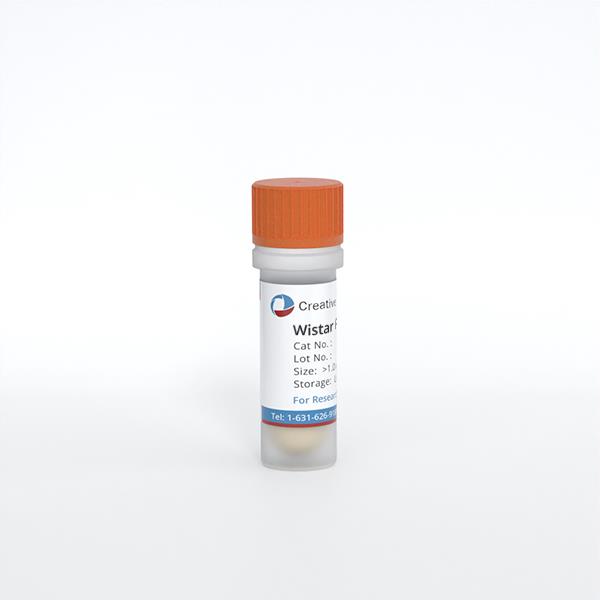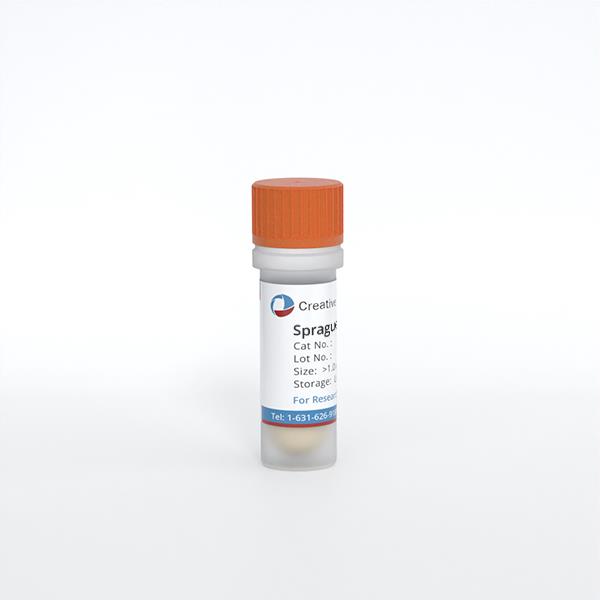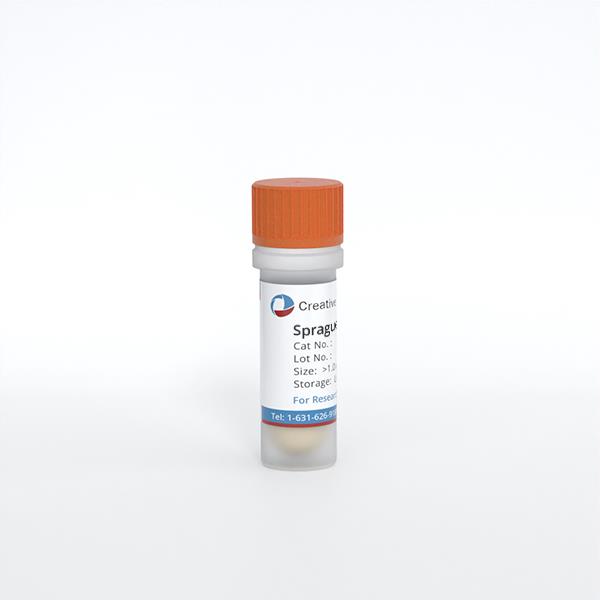Featured Products
Hot Products
ONLINE INQUIRY
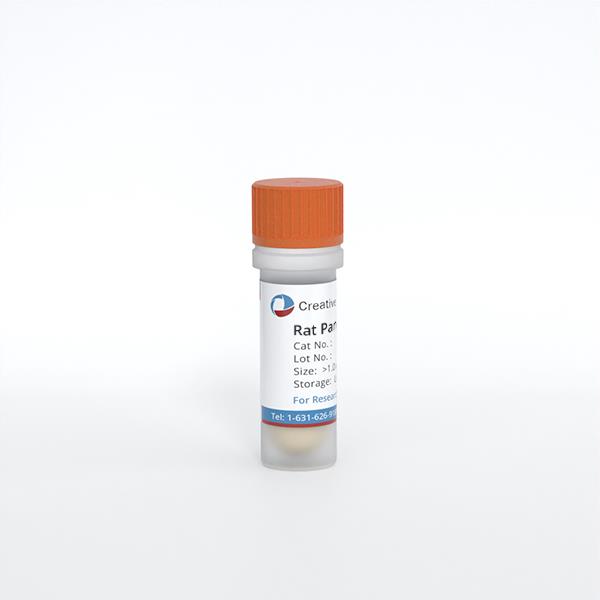
Rat Pancreatic Ductal Epithelial Cells
Cat.No.: CSC-C5040S
Species: Rat
Source: Pancreatic Duct; Pancreas
Cell Type: Epithelial Cell
- Specification
- Q & A
- Customer Review
Cat.No.
CSC-C5040S
Description
The exocrine pancreas is responsible for secretion of digestive enzymes, ions and water into the duodenum of the gastrointestinal tract. The functional unit of the exocrine pancreas is composed of an acinus and its draining ductule. The ductal system extends from the lumen of the acinus to the duodenum. The duct cell epithelium consists of cells that are cuboidal to pyramidal and contain the abundant mitochondria necessary for energy products needed for ion transport.
Rat Pancreatic Ductal Epithelial Cells (rPDECs) from Creative Bioarray are isolated from the rat pancreatic tissue. The method we use to isolate rPDECs was developed based on a combination of established and our proprietary methods. The rPDECs are characterized by immunofluorescence with antibodies specific to CK19. Each vial contains 0.5x10^6 cells per ml and is delivered frozen.
Rat Pancreatic Ductal Epithelial Cells (rPDECs) from Creative Bioarray are isolated from the rat pancreatic tissue. The method we use to isolate rPDECs was developed based on a combination of established and our proprietary methods. The rPDECs are characterized by immunofluorescence with antibodies specific to CK19. Each vial contains 0.5x10^6 cells per ml and is delivered frozen.
Species
Rat
Types Organ
Pancreas
Source
Pancreatic Duct; Pancreas
Recommended Medium
Cell Type
Epithelial Cell
Disease
Normal
Quality Control
Rat Pancreatic Ductal Epithelial Cells are negative for HIV-1, HBV, HCV, mycoplasma, bacteria, yeast and fungi.
Storage and Shipping
Creative Bioarray ships frozen cells on dry ice. On receipt, immediately transfer frozen cells to liquid nitrogen (-180 °C) until ready for experimental use. Never can cells be kept at -20 °C.
Citation Guidance
If you use this products in your scientific publication, it should be cited in the publication as: Creative Bioarray cat no. If your paper has been published, please click here to submit the PubMed ID of your paper to get a coupon.
Ask a Question
Write your own review
- You May Also Need
Related Products


